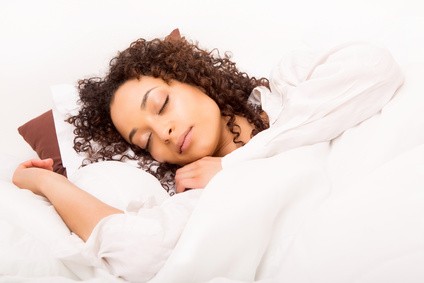It is important for both body and mind that we get a good night’s sleep. There are many theories as to why sleep is important such as it helps to repair and restore your body and mind, conserving energy, boost brain power and learning, brain detox and repair and growth of brain cells to name but a few.
A few days ago, I missed out on some valuable sleep and was literally awake for nearly 48 hours! I can truly attest to the side effects of sleep deprivation. For example, I could not remember how to operate my phone to send a text. Below are some other documented examples.
- Reaction Time Slows: When you’re sleep-deprived, you’re not going to react as quickly as you normally would, making driving or other potentially dangerous activities, like using power tools, risky. One study even found that sleepiness behind the wheel was nearly as dangerous as drinking and driving.
- Your Cognition Suffers: Your ability to think clearly is also dampened by lack of sleep. If you’re sleep-deprived, you will have trouble retaining memories, processing information, and making decisions. This is why it’s so important to get a good night’s sleep prior to important events at work or home.
- Emotions Are Heightened: As your reaction time and cognition slows, your emotions will be kicked into high gear. This means that arguments with co-workers or your spouse are likely and you’re probably going to be at fault for blowing things out of proportion.
Are You Tired? Try Getting to Sleep Earlier
Since most people have a set time when they must wake up, if you need more sleep the solution is simple: turn off your TV, your cell phone, your computer, and your tablet… and go to sleep early. Try it for a night or two and you might be amazed at how rested you feel.
How do you know if you need more sleep? If you feel tired, it’s a pretty big clue. As William Dement, a co-discoverer of REM sleep and co-founder of the Stanford Sleep Medicine Center, told National Geographic:
“As far as I know… the only reason we need to sleep that is really, really solid is because we get sleepy.”
Yet, many of us do not listen to our bodies and sleep when we’re tired, and this is a big mistake. For example, when I push myself and don’t get high-quality sleep or enough sleep, I’m predisposed to postprandial hypoglycemia. In other words, I have low insulin resistance so when I sleep poorly, it doesn’t take much sugar or carbs for it to be easily metabolized and drop my blood sugar—which also makes me really sleepy. When I get enough sleep, I’m far less susceptible to it.
Dr. Rubin Naiman’s — a clinical psychologist, author, teacher, and the leader in integrative medicine approaches to sleep and dreams — recommendation is to simply sleep “enough hours so that your energy is sustained through the day without artificial stimulation, with the exception of a daytime nap,” which he believes you are biologically programmed for. It’s also said that if you fall asleep within a few minutes of your head hitting the pillow, you’re probably sleep deprived.
A well-rested person will take about 10-15 minutes to fall asleep at night. If you’re well rested, you’ll also probably wake up on your own without the need for an alarm clock
Next page: 9 Top ‘Secrets’ for a Good Night’s Sleep
.

